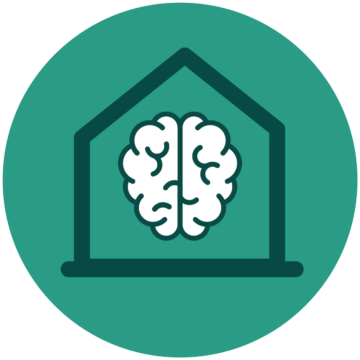Three Core Concepts in Early Development

This page has been translated.
Healthy development in the early years provides the building blocks for educational achievement, economic productivity, responsible citizenship, lifelong health, strong communities, and successful parenting of the next generation. This three-part video series from the Center and the National Scientific Council on the Developing Child depicts how advances in neuroscience, molecular biology, and genomics now give us a much better understanding of how early experiences are built into our bodies and brains, for better or for worse.
 Brain Architecture
Brain Architecture